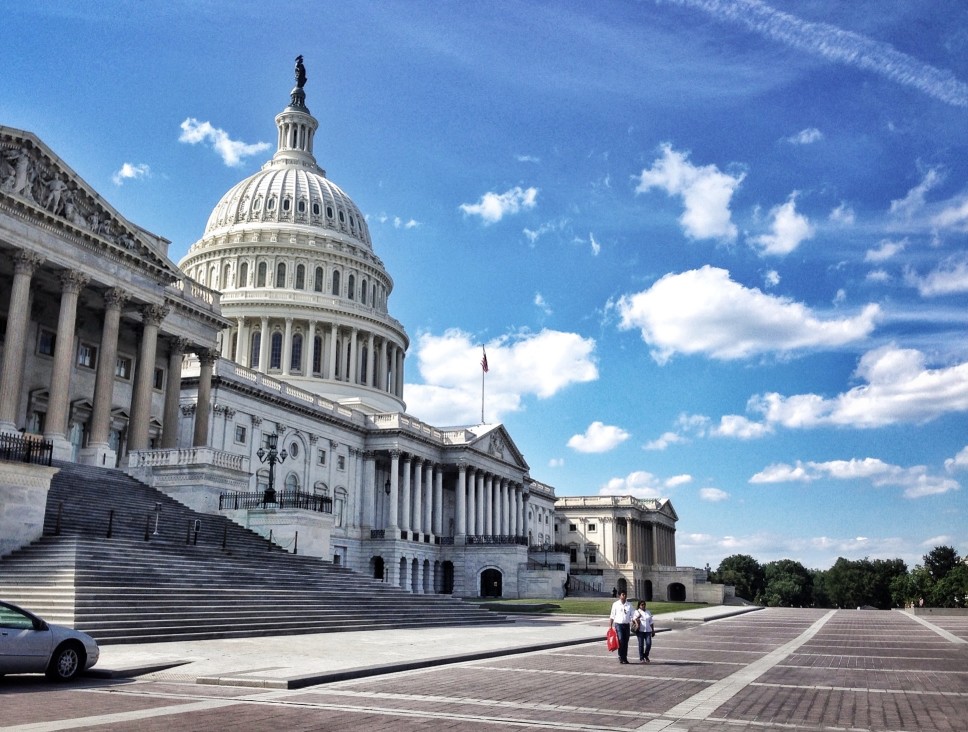Knowing before everyone else that a pandemic and lockdowns are coming gives you a big advantage when investing in the stockmarket.
One of the main ways companies raise money to invest in their business is to sell shares (also called stocks). Shares are essentially a bit of ownership in the company which entitle the holder to a portion of any profits. Shares are traded on stock exchanges, where they constantly go up and down in value depending on how much the market thinks they’re worth. This value judgement is driven by the economic principle of supply and demand – if more people want to buy shares than want to sell them, the stock price goes up, and vice versa.
So, to make money on the stockmarket all you have to do is figure out what a share price is going to do when. If you think a stock is about to rocket, you can buy shares while they’re still relative cheap and be quids in once they’ve risen. But such predictions are much easier said than done. There are simply so many variables that can affect a company, an industry, or the economy generally. Just look at fund managers: professional stock pickers who invest huge amounts of labour, research and technology into predicting what the stock market will do, usually on behalf of the clients whose money they manage. Over a 15 year period, the proportion of them who outperformed ‘passive’ investment strategies – basically just sticking your money in whatever the biggest companies are – was just 8 percent.
This is why ‘beating the stockmarket’ (consistently guessing what share prices are going to do) is widely seen as impossible. Well, mostly impossible. Because there is a way you could heavily tip the scales in your favour when it comes to prediction-making. What if you knew something… something that would unquestionably have a large impact on share prices, but which the market as a whole had no knowledge of. For example, what if back in early 2020 you knew there was going to be a global pandemic and that governments would respond by closing their borders and mandating working from home? Someone who used that knowledge to, say, buy stocks in Zoom and sell shares in RyanAir would probably be sitting pretty comfortably today.
This isn’t a hypothetical situation. It is pretty much what happened with several members of the United States Congress. As serving politicians, Congress members were given advanced briefing on the Covid situation and the government's planned response to it. Several of them then used this knowledge to make changes to their investment portfolio in a way that was financially beneficial to them personally. Technically, American politicians who use non-public information to make stock market trades should fall foul of the 2012 STOCK Act. But no one has ever been charged with being in breach of it. That's despite the fact that some of the pandemic-related trades Congress members made were worth millions of dollars.
If you think that sounds unfair, you wouldn't be alone. Politicians doing this is so unpopular that it's one of the few things that unites Republican and Democrat voters in their opposition to it. And if you tried something similar as an employee - using insider knowledge about what your business is doing to make money on the stockmarket - you'd be guilty of insider trading, a crime which comes with hefty fines and prison sentences.
The reason the rules are different for American politicians seems to be based on the premise that because they get access to such a huge amount of information that could be beneficial, it makes it too hard to determine what should count as insider trading and what should not. (A more cynical interpretation is that they are the ones who write the rules.) But a way to solve this problem would to be put in more restrictions on how politicians can interact with the stockmarket. Congress is now considering legislation that would ban its members from trading stocks while in office, or only allowed them to trade shares after amount of time has passed.
Read our explainer on: the financial system

